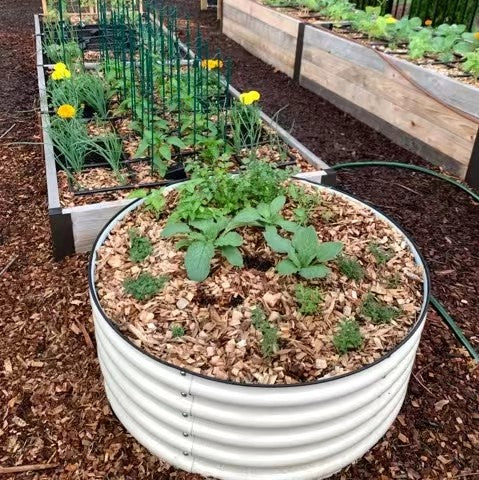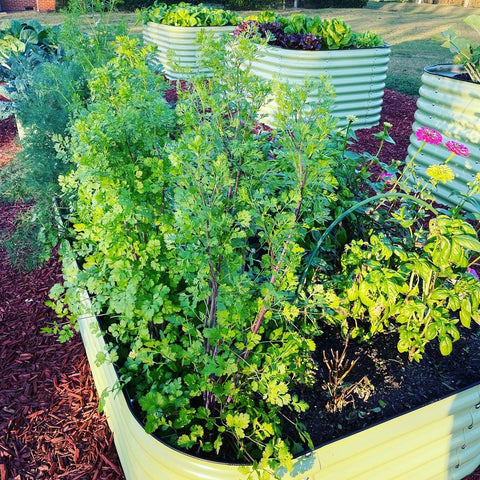Effective Method for Protecting Metal Garden Beds from Coastal Erosion
Living by the seaside is a privilege that allows us to enjoy the beauty of nature. However, it also means dealing with the damaging effects of the ocean environment on our homes and gardens. One common issue is the susceptibility of metal garden beds to erosion caused by seawater. Nevertheless, by taking appropriate measures, we can protect metal garden beds from the detrimental effects of seawater. Here are several effective methods:
Choose corrosion-resistant materials: The selection of metal garden beds is crucial. Prioritize materials that are resistant to corrosion, such as stainless steel or aluminum alloys. These materials possess excellent rust resistance and can better withstand the corrosive nature of seawater.
Apply protective coatings: Adding a protective layer to metal garden beds can significantly prolong their lifespan. Coating them with waterproof sealants or rust-resistant paint forms a barrier that separates the metal from direct contact with seawater, reducing the risk of corrosion.
Regular cleaning and maintenance: Metal garden beds in coastal areas are prone to salt accumulation and marine deposits. Therefore, regular cleaning and maintenance are essential. Use fresh water and mild cleansers to clean the metal surfaces, followed by thorough rinsing with clean water. Additionally, promptly repair any damages or scratches to prevent further corrosion.
Improve drainage systems: Ensure that the drainage system surrounding the metal garden beds is well-functioning. The presence of stagnant water increases the risk of prolonged exposure to seawater. Keep the drainage channels clear and prevent water from pooling around the beds.
Use covers or protective shields: When the metal garden beds are not in use, cover them with protective shields or covers. These covers can prevent direct contact between seawater and the metal surface, reducing the likelihood of corrosion.
Rotate bed positions: If possible, periodically change the position of the metal garden beds. This practice can reduce the amount of time the beds are exposed to the same seawater environment, minimizing the risk of corrosion.
Protecting metal garden beds from seawater erosion primarily involves selecting corrosion-resistant materials, applying protective coatings, regular cleaning and maintenance, improving drainage systems, using covers or shields, and periodically rotating the bed positions. By implementing these measures, we can extend the lifespan of metal garden beds, preserve their aesthetic appeal and functionality, and continue to enjoy the pleasures of gardening in a coastal setting.


